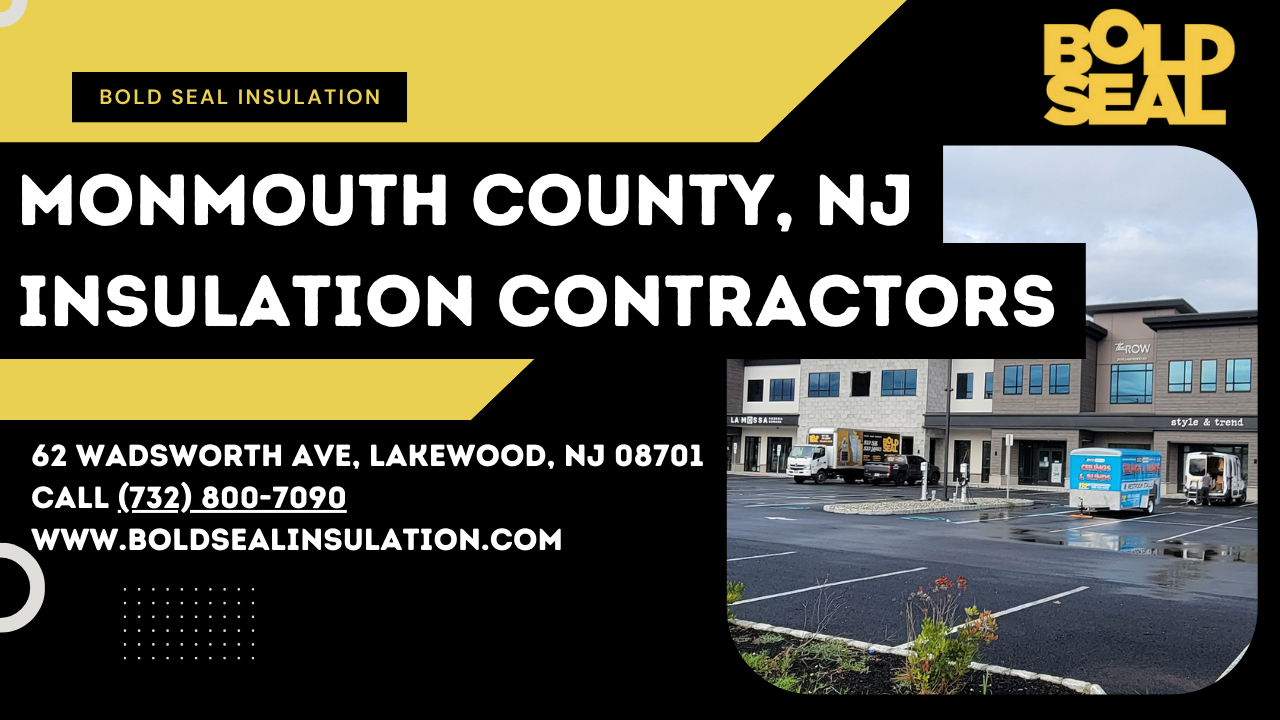Are you ready to slash your energy bills and boost your home's value? Investing in home insulation is a smart, sustainable move that delivers significant returns. This comprehensive guide explores the energy-saving potential of insulation, covering various types, costs, and environmental benefits. Let's dive in!
How Does Home Insulation Work to Save Energy?
Home insulation acts as a barrier, significantly reducing heat transfer between your home's interior and the outside environment. This is achieved through thermal resistance, measured by the R-value. A higher R-value indicates greater resistance to heat flow, meaning better insulation and lower energy consumption for heating and cooling. Various insulation materials like fiberglass, cellulose, and spray foam insulation offer different R-values, impacting their effectiveness in reducing heat gain in summer and heat loss in winter. Proper installation of insulation in attics, walls, basements, and crawl spaces is crucial to maximizing its energy-saving potential, minimizing drafts, and improving overall climate control. Understanding insulation thickness and depth further enhances energy efficiency. Addressing thermal bridging—where heat escapes through structural components—is also key to optimizing your home's energy performance.
What Types of Insulation Materials Best Achieve Energy Savings?
Several insulation materials offer excellent energy-saving properties. Fiberglass insulation is a common and cost-effective choice, suitable for attics and walls. Cellulose insulation, made from recycled paper, provides good thermal resistance and is environmentally friendly. Spray foam insulation, particularly spray polyurethane foam, excels in air sealing and offers superior thermal performance, effectively reducing heat gain and heat loss. The best choice depends on your budget, the area being insulated (attic insulation, wall insulation, basement insulation, crawl space insulation), and your desired R-value. Each material offers unique advantages and drawbacks, including installation methods and long-term durability. Consider consulting with insulation contractors to determine the optimal solution for your home.
What are the Financial Benefits of Investing in Home Insulation?
While there's an initial cost associated with insulation, the long-term financial benefits are substantial. Reduced heating bills and cooling bills translate to significant utility cost savings over the life of your home. A cost-benefit analysis usually shows a rapid return on investment (ROI) for insulation projects, with payback periods often ranging from a few years to a decade, depending on factors such as climate, existing insulation levels, and the type of insulation chosen. Furthermore, improved energy efficiency often boosts your home's value, making it a worthwhile investment when considering a future sale. Don’t underestimate the impact insulation has on overall property value, improving a home's appeal to potential buyers.
How Can I Further Improve My Home's Energy Efficiency?
Insulation is a cornerstone of energy efficiency, but combining it with other improvements yields even greater results. Conducting a home energy audit identifies areas for improvement, such as air leaks and drafts. Sealing air leaks around windows, doors, and other openings significantly reduces heat loss and gain. Addressing thermal bridging by using appropriate materials and techniques further enhances energy efficiency. Consider incorporating additional energy-saving techniques, such as using energy-efficient appliances and lighting, to maximize your savings. These complementary measures, when implemented with proper insulation, create a truly energy-efficient home.
What is the Environmental Impact of Improved Home Insulation?
Investing in home insulation is an environmentally conscious decision. By significantly reducing energy consumption for heating and cooling, you lessen your home's carbon footprint and contribute to reduced emissions. This aligns with sustainable home building and green building practices, promoting environmental responsibility. Choosing eco-friendly insulation materials, such as cellulose insulation, further enhances the environmental benefits of your home improvement project. Reducing your reliance on fossil fuels for heating and cooling contributes to a cleaner, healthier environment for everyone.
Are There Government Incentives for Home Insulation Projects?
Many governments offer financial incentives to encourage energy efficiency upgrades, including rebates and tax credits for home insulation. These programs can significantly reduce the upfront cost of insulation installation. Check with your local and federal energy agencies to see what incentives are available in your area. These government incentives often target energy efficiency improvements, offering a significant financial boost to homeowners undertaking home insulation projects. These programs frequently change, so it's vital to investigate current options before beginning your project.
Frequently Asked Questions
What is the average cost of home insulation?
The cost of home insulation varies depending on factors such as the size of your home, the type of insulation used, and the complexity of the installation. It's best to obtain quotes from multiple insulation contractors to compare pricing and services.
How long does it take to recoup the investment in insulation?
The payback period for home insulation varies depending on several factors, including energy prices, climate, and the type of insulation used. However, many homeowners see a return on their investment within a few years through reduced energy bills.
Can I insulate my home myself?
While some insulation projects are DIY-friendly, others require professional expertise for optimal results and safety. Consider the complexity of the project and your skill level before https://richardelilly0.gumroad.com/p/discover-monmouth-county-s-top-restaurants-in-2025-a-foodie-s-guide attempting DIY insulation. Improper installation can compromise energy efficiency and potentially cause damage.
What are common signs that I need better insulation?
Signs of inadequate insulation include uneven temperatures throughout your home, high energy bills, drafts near windows and doors, and discomfort in certain areas, regardless of your climate control settings.
Do I need to insulate my basement and crawl space?
Insulating your basement and crawl space is crucial for maximizing energy efficiency and preventing moisture problems. These areas are often significant sources of heat loss, and proper insulation can greatly improve your home's overall comfort and reduce energy costs.

In conclusion, investing in home insulation is a financially sound and environmentally responsible decision. By reducing energy consumption, improving comfort, and increasing your home's value, insulation offers substantial long-term benefits. Contact a qualified insulation contractor today to discuss your home's specific needs and explore the significant energy savings available.